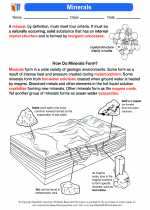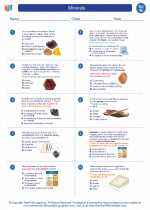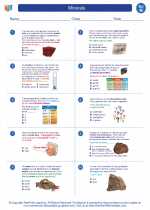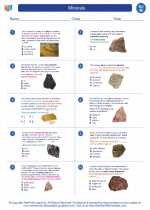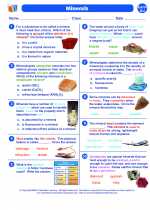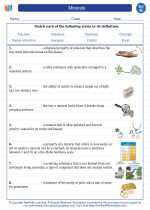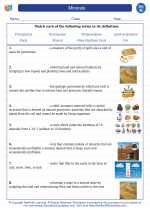Vitamin B12
Vitamin B12, also known as cobalamin, is a water-soluble vitamin that is essential for various bodily functions. It plays a crucial role in the formation of red blood cells, neurological function, and DNA synthesis.
Sources of Vitamin B12
Vitamin B12 is naturally found in animal products such as meat, fish, poultry, eggs, and dairy products. It can also be found in fortified foods such as breakfast cereals and nutritional yeast.
Functions of Vitamin B12
- Red Blood Cell Formation: Vitamin B12 is necessary for the production of red blood cells in the bone marrow.
- Neurological Function: It helps maintain the health of the nervous system and is involved in the formation of myelin, a protective covering for nerves.
- DNA Synthesis: Vitamin B12 is essential for the synthesis of DNA, the genetic material in all cells.
Deficiency and Health Implications
A deficiency in vitamin B12 can lead to anemia, neurological problems, and other health issues. Symptoms of a deficiency may include fatigue, weakness, constipation, loss of appetite, and neurological changes such as numbness and tingling in the hands and feet.
Recommended Intake
The recommended dietary allowance (RDA) for vitamin B12 varies by age and gender. For adults, the RDA is 2.4 micrograms per day. Pregnant and breastfeeding women may require higher amounts.
Supplementation
Individuals who follow a strict vegetarian or vegan diet may need to supplement with vitamin B12 to ensure adequate intake. Supplements are available in various forms, including tablets, sublingual lozenges, and injections.
Study Guide
- What are the sources of Vitamin B12?
- What are the functions of Vitamin B12 in the body?
- What health implications are associated with a deficiency in Vitamin B12?
- What is the recommended dietary allowance for Vitamin B12?
- Why might individuals following a vegetarian or vegan diet need to supplement with Vitamin B12?


